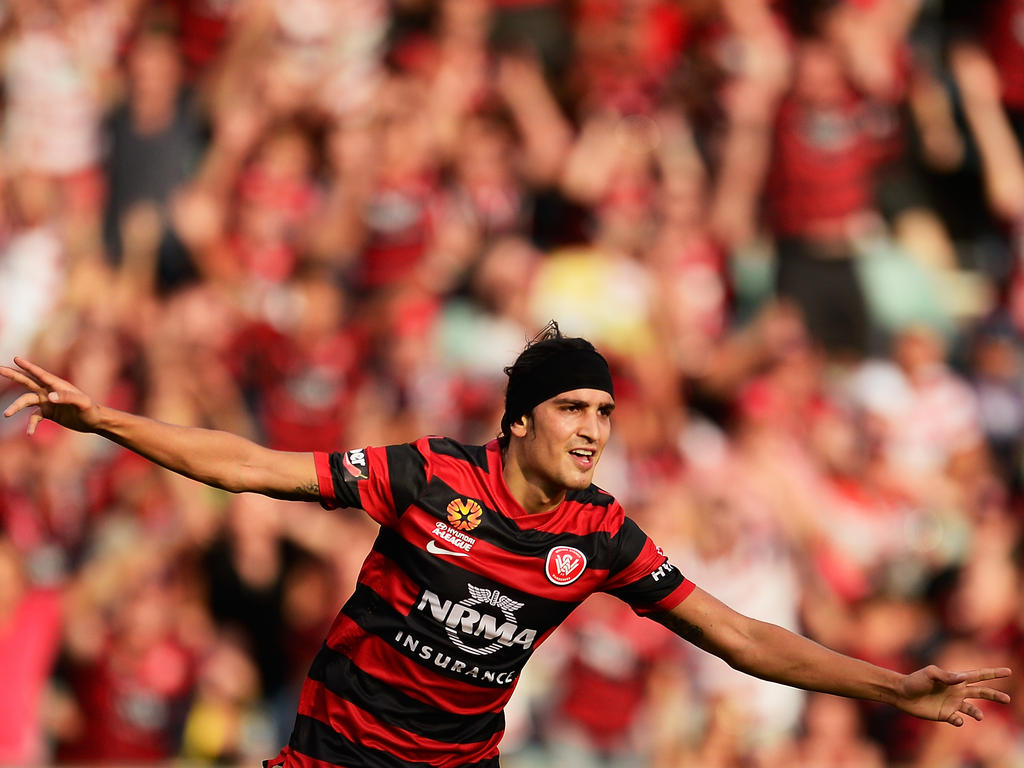New protests hit Brazil eight days from World Cup

Sao Paulo underground workers announced an open-ended strike amid fresh protests Wednesday, hitting World Cup preparations as Brazil defended itself against criticism over chronic delays and soaring costs.
Subway workers in Brazil's business hub of 20 million people voted for an open-ended strike from midnight (0300 GMT) that could strand 4.5 million passengers and unleash commuter chaos.
Brazil has been hit by a wave of strikes and protests ahead of the World Cup and elections in October.
Calling for higher pensions, about 400 retired military police and their relatives earlier rallied outside Sao Paulo's Corinthians Arena, the stadium that will host the World Cup opening match on June 12.
They blocked roads in the area with 15 buses and several smaller vehicles and caused traffic jams stretching several kilometers (miles).
Another 4,000 protesters rallied by the Homeless Workers' Movement (MTST), a mainstay of the anti-World Cup protests that have gripped the country over the past year, were marching toward the same area.
Protesters say the more than $11 billion being spent on the tournament should have been used to help address urgent needs in education, health care and transport.
A year ago, a million protesters flooded the streets during the Confederations Cup, a World Cup dress rehearsal.
The protests turned violent at times, overshadowing the tournament and raising fears of a repeat this year.
The government has also faced criticism for chronic delays and cost overruns.
Workers are still scrambling to finish five of the 12 host stadiums, including Corinthians Arena, which has not had all its seats installed.
Organizers have shelved much of the other infrastructure they had originally promised, from roadworks to a high-speed train to subway and monorail lines.
The latest protests came after Brazilian President Dilma Rousseff defended her government's preparations for the tournament and said FIFA bore part of the blame for the spiralling public bill.
The leftist leader, who plans to seek re-election in October, said the sport's global governing body had assured Brazil that host stadiums would be built with private money.
But the government eventually realized private sector investment would not even cover "half a stadium," and provided most of the financing itself, Rousseff told journalists at a dinner Tuesday at the presidential residence in Brasilia.
She insisted that the vast majority of public spending related to the tournament was "for Brazil" over the long-term and not limited to the World Cup.
Hosting the tournament spurred many cities to undertake badly needed public transport projects -- though Rousseff acknowledged many of them would not be completed before the World Cup.
In a sign of enthusiasm for the global football showcase, fans in Sao Paulo jostled for tickets Wednesday after FIFA put a final 180,000 on sale online and at ticketing centers in the host cities.
But disappointed fans who turned up in the early hours and stood in long lines in the economic capital went away empty-handed after online buyers snatched up all remaining tickets for matches in both Sao Paulo and Rio de Janeiro.
Four previous sales windows had seen 2.57 million tickets sold.
With just over a week to go, teams continue trickling into Brazil. Chile are due to arrive Thursday, joining Australia, Croatia and Iran.
Whatever the problems off the pitch, Brazil were looking ready for the World Cup when they routed Panama 4-0 in a Tuesday friendly.
Star striker Neymar, who scored the first goal and set up two others -- including one with a cheeky back-heel -- said Wednesday that Brazil were more interested in claiming their sixth world title than in their famed "jogo bonito."
"Beautiful football is the last thing we are concerned about -- what we want to do is to win," he said.





